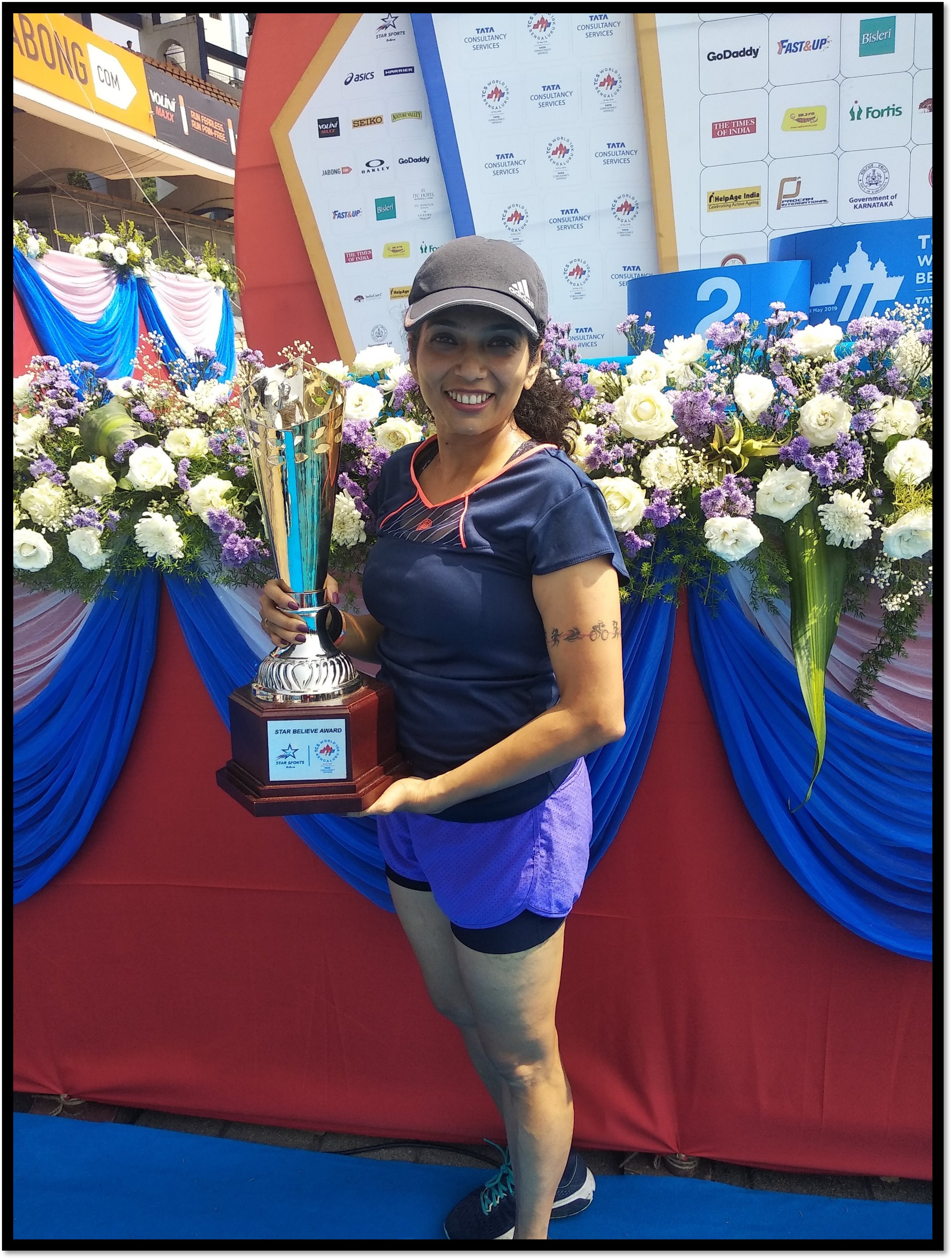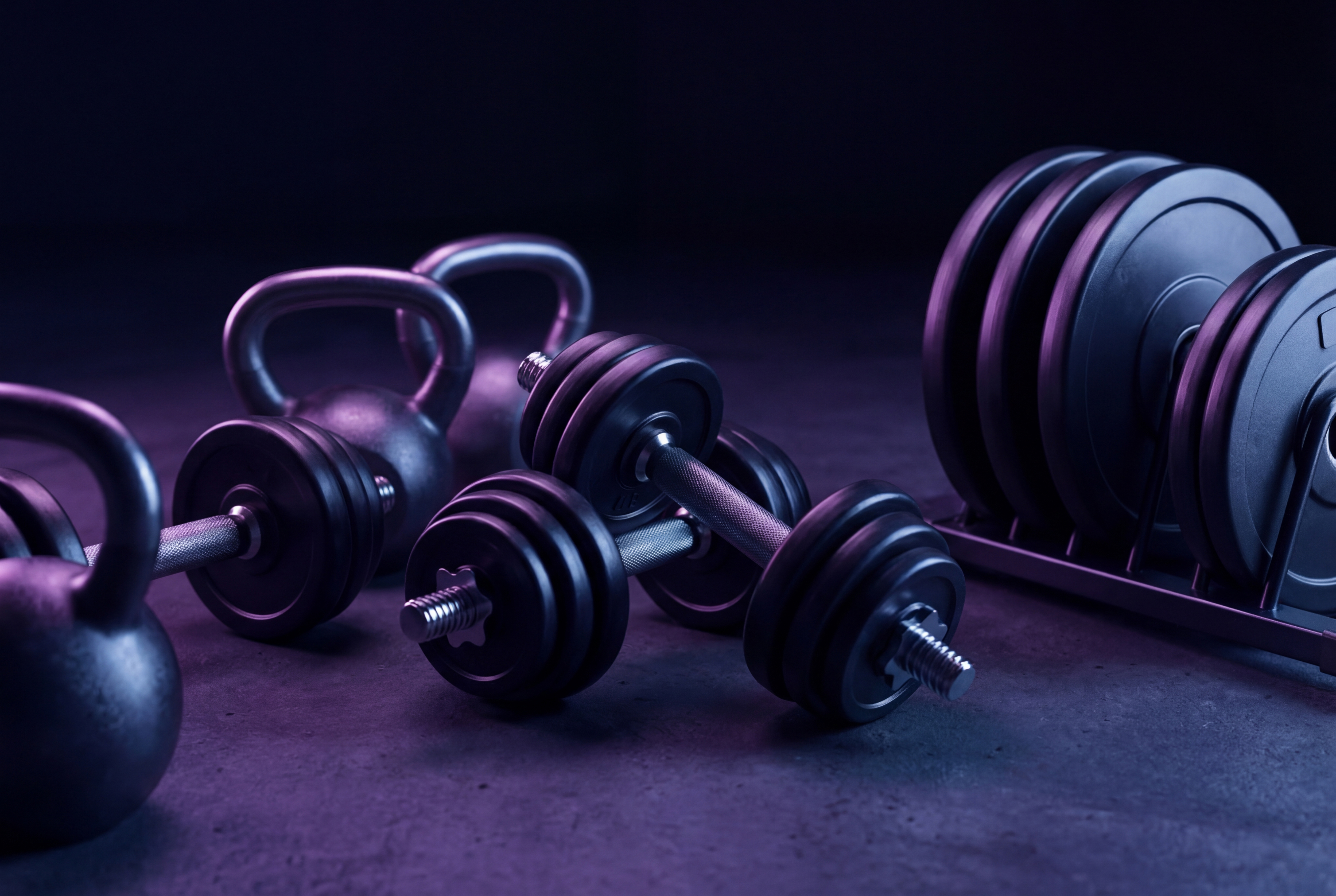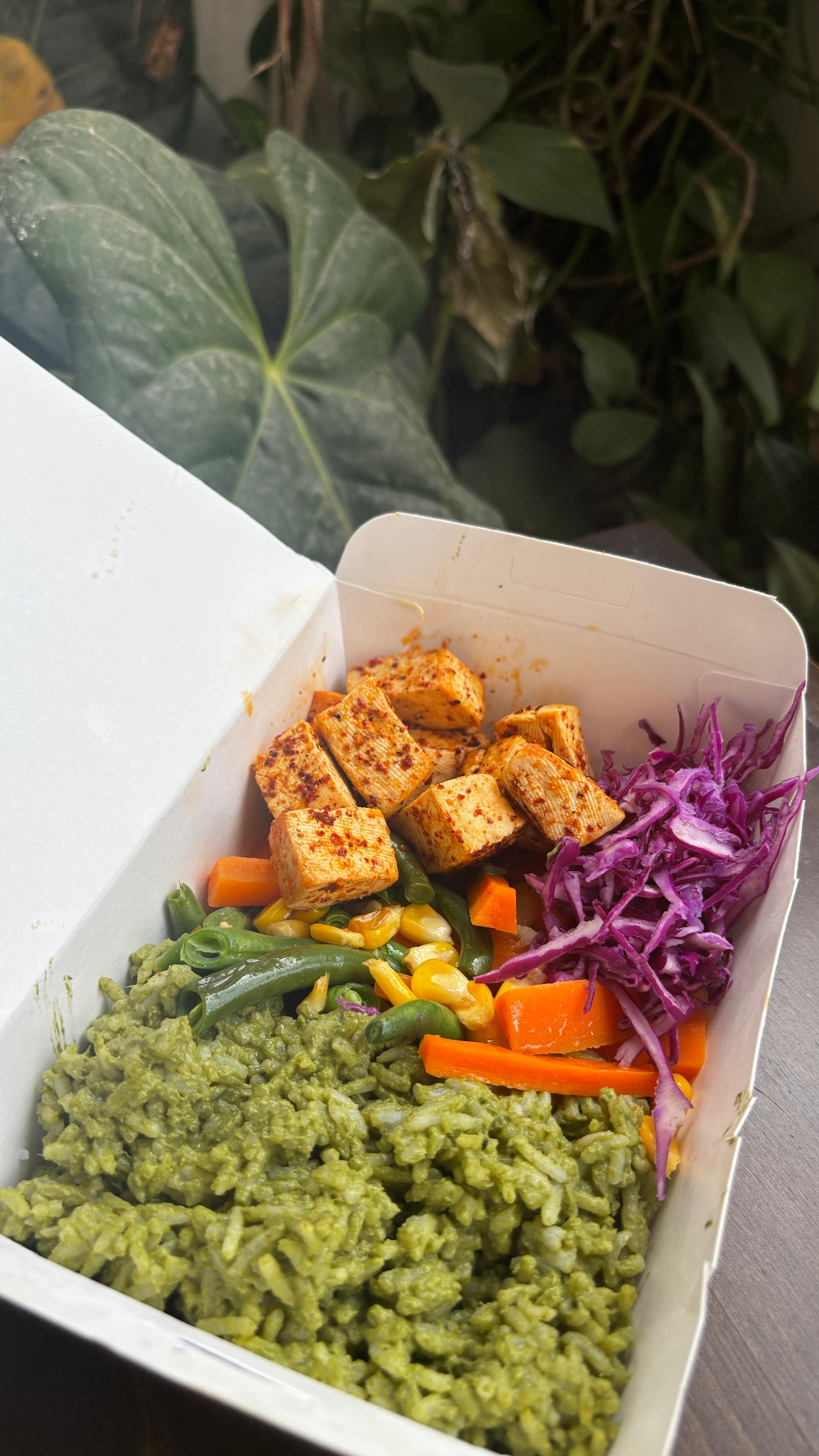Nutrition, Recovery and Immunity - How to improve immunity?
- Deepa Bhat
- Dec 13, 2023
- 3 min read
Updated: Feb 8, 2024
We all love to stay and be healthy, dont we? Who likes popping in pills or staying in bed or visiting the doctor? But now and then our healthy immune system has taken a beating. I am sure atleast once the past year or since Covid, you have googled - How to improve immunity?

Our immune system can take a lot of abuse in 21st century life. We compromise on many things, without noticing or even acknowledging it.
Long work hours or intense work demands
Disruption to our body clock such as travel across time zones or working in shifts
Change in environments (global warming causing untimely humidity, heat, rain)
Exposure to pathogens (be it organic, e.g., microbes or chemicals due to occupation)
Heavy athletic training
Chronic nutritional, physical, mental, or emotional stress

These types of stressors can either upregulate our immune response (leading to auto-immune conditions, in which the immune system attacks healthy tissues) or downregulates, leading to lowered immunity or immunocompromised.
The effect of nutrition on immunity
How we eat can affect recovery and immunity, what is our relationship with water intake?
Consistently following habits, staying regularly active, working on lowering stress can improve immunity for most people.
What can you do
Apart from stress, training and nutrition, many other factors can affect immunity. some are out of our control
Age - Our innate immune response can break down as be get older
Gender - Menstrual cycles, oral contraceptives influence how the immune system responds. Estrogens generally enhance immunity while androgens can suppress it. This may explain why women tend to do better with cold than men. However women have a much bigger rate of most auto-immune disorders than men.
Genetics - This plays a vital role in the autoimmune diseases, that appear in clusters and run in family history.
Other factors that are under our control and we can adjust and built into practice
Sleep - Better sleep means better recovery. Sleep and wake up at same time to regulate the body clock
Brief cold and hot exposure - Research says brief intermittent exposure to cold or warm temperature may improve immunity. A sauna & steam post a workout or on a rest day for a brief period of time is beneficial.
Regular movement - Exercise, gentle movement, workouts that keep on mentally and physically stimulated helps. Instead of one hard workout and being stuck to the chair or couch the rest of the day, moving often, a slow paced walk with your partner or dog works wonders.

However, it's also important to manage training load, as a high exercise volume can suppress immunity. Do you get sick with a virus or flu during the peak of your performance or closer to race day or a tournament? Work on the below factors
Gut health - Our gut is strongly related to our immune health. The Gut works to create an antimicrobial barrier and fight pathogens. Ensuring eating whole foods and minimally processed foods along with two servings of probiotics in your diet really works wonders.
Dairy : yoghourt, aged cheese etc
Fermented vegetables: pickles, kimchi etc
Fermented soy: miso, tempeh
Fermented drinks: Kombucha etc

Optimum body fat levels - While fats is good, ensuring we don't have too much inflammation or we have enough energy available for recovery, keeping our body in the normal levels of fat is vital.
Reducing processed food and sugars - Diet rich in sugars and trans-fats may reduce white blood cell function and be pro-inflammatory. Gluten too may have an impact in certain individuals.
Providing adequate nutrients - While malnutrition is a leading cause for immune deficiency, a well balanced meal of carbs, proteins, fats and micro nutrients as vitamins and minerals, fresh fruits and vegetables are great immune defences. But if you must take Vit D supplements, say you live in an area with low sunlight, do consult your physician.

Managing stress - A little acute stress (brief cold exposure) tends to boost your immunity, while prolonged chronic stress tends to suppress it. Think about answering emails late at night or constantly being in the fight or flight mode. This will reduce your immunity. Evidence show purposeful relaxation and parasympathetic activation practice may improve overall recovery.







Comments